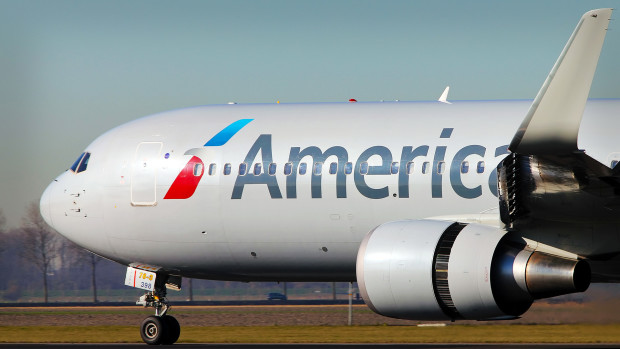
Airlines have done very little to make air travel more comfortable, at least for those of us who fly coach. Southwest Airlines has actually largely been an exception to that as it offers only one class of seats and has worked steadily to improve passenger comfort.
Full-fare airlines, however, have not followed that model. United, Delta, and American Airlines want to sell upgraded fares. They make a lot more money selling business and first-class seats than they do selling coach or economy tickets (the nomenclature varies by airline).
DON'T MISS: American Airlines has a secret policy that will anger passengers
Airlines rarely fly with unsold business or first-class seats. Traditionally, passengers booked in coach get on a waiting list to pay for an upgrade to any unsold higher-class seats. In recent years, many airlines have used a bidding process for those top-tier unsold seats where the person who brings the airline the most revenue gets upgraded.
That does not mean the highest bidder always wins. It's a combination of the bid and the value of the seat being given up. If, for example, you have an aisle seat and someone else has a window, you might "win" an upgrade with a lower bid because the airline can then charge a premium to someone else for the seat you are vacating.
At the very worst, airlines traditionally award unsold first- and business-class seats to top-tier loyalty rewards program members. That does not increase revenue but it does build a stronger bond with the company's best customers.
Now, thanks to American Airlines' (AAL) -) new contract with its pilots, passengers will lose access to some of those top-tier seats. That change was also part of United Airlines' (UAL) -) deal with its pilots from three years ago.

Image source: American Airlines
American and United give pilots a passenger perk
Overall, both airlines are giving pilots a fairly massive (about 40%) raise. That's happening because the U.S. has a pilot shortage that was exacerbated by the covid pandemic.
There aren't enough pilots to go around and training new ones takes time. There are only so many slots in training schools available. That created a perfect storm for pilots, giving them all the leverage in their negotiations. Because of that, American has followed in making a major concession to its pilots.
"One of the items that pilots got in their new deal is first class deadheading -- flying first class when not piloting an aircraft between segments that they’re working on a trip," View From the Wing reported.
"(That’s different than commuting to and from their base if they live in a different city than where they’re assigned to start and end their trips.) This is broadly similar to a benefit that United pilots won three years ago."
Basically, this takes premium seats away from passengers and gives them to pilots. Traditionally, deadheading pilots sit in either an empty coach/economy seat or a vacant flight attendant jump seat.
It's easy to see why the pilots want this, as having to fly as a passenger to go to work is an unpleasant situation. But for the airlines, this takes away revenue when they already have to absorb much higher labor costs due to the new contracts.
American Airlines did not return View From the Wing's request for comment and instead directed the website to a news release that contained the following statement:
“This agreement will help American immediately expand our pilot training capacity to support under-utilized aircraft and future flying and provide our pilots with more opportunities to progress in their careers," American’s CEO Robert Isom said,
Overall, the change to giving pilots these seats is part of a bigger trend.
"It’s a very real question whether the airline is being run for the employees rather than customers, at least for pilot employees," View From the Wing's Gary Leff wrote.







